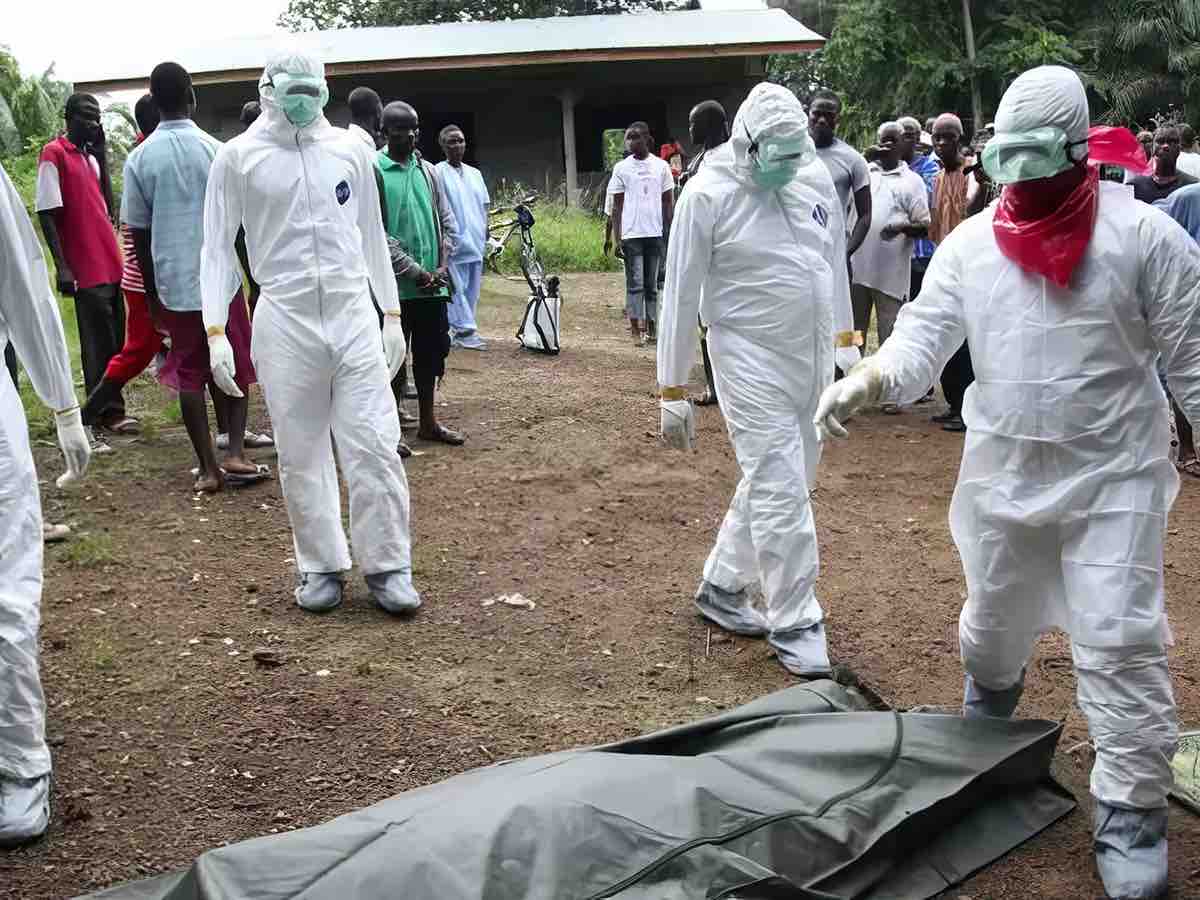Ebola virus disease has been a major problem in Africa, particularly with the 2013-16 West Africa outbreak that killed at least 11,000 people and the ongoing epidemic in the Democratic Republic of Congo that has killed over 2,100 people. Nature Communications published an intriguing article yesterday on a model that attempts to forecast Ebola risk in Africa in space and time incorporating ecological and climate changes. Of course, forecasting zoonotic diseases such as Ebola on short time scales is an already difficult exercise. As the authors [David Redding, University College London, and others] note:
Like other rare or poorly-sampled diseases, Ebola suffers from limited data availability, meaning approaches using pattern-finding, correlative analytical techniques to find robust models are at a disadvantage.
https://www.ucl.ac.uk/news/2019/oct/predicting-ebola-outbreaks-understanding-how-ecosystems-influence-human-health
Of course, projecting well into the future means taking into account poorly understood, and evolving, epidemiological and socioeconomic factors in the context of ongoing ecological disruption. And that’s an even harder exercise, although incredibly important in terms of global health policy and ecological security. In addition to capturing trends in human population density, socioeconomic factors, and transit patterns, such a model also needs to capture how pathogen host ecologies are affected by factors like climate change and land-use conversion.
The authors report that their models suggest a general, if modest, increase in Ebola over time.
For example, we estimate an annual increase in the maximum area impacted by the disease from 3.45 million km2 to 3.8 million km2 under the worst-case scenario by 2070, with increases in the maximum area seen under all future scenarios.
The more important question to policymakers, however, is where might we see a greater risk of infectious disease outbreaks develop with time (which is different than a prediction of where outbreaks will occur). The authors identify Nigeria, as well as Ghana, Kenya, and Rwanda, as a key area for future Ebola epidemics to be initiated.
One of the lucky breaks that humanity has caught over the past decade is that Ebola has not gained a foothold in high-population areas. Identifying Nigeria–the most populous country in Africa and the 7th most populous in the world, as high risk to future Ebola virus disease is sobering from a national security perspective.
